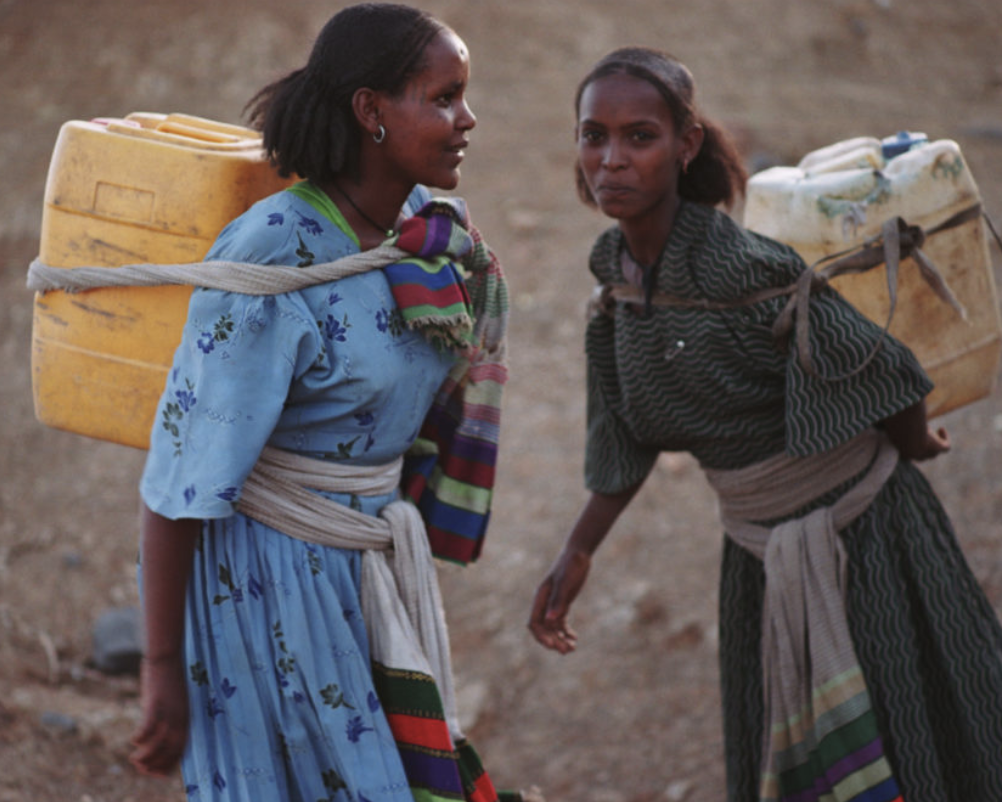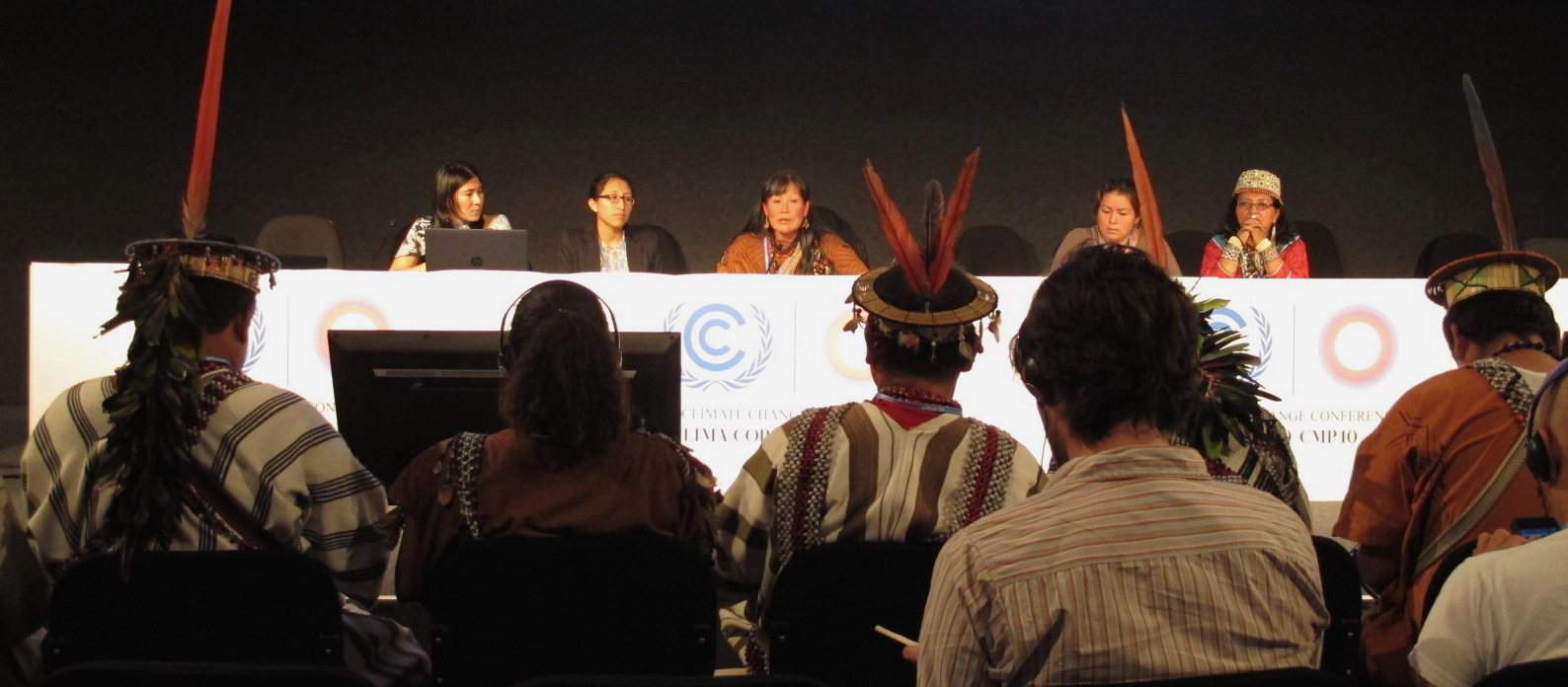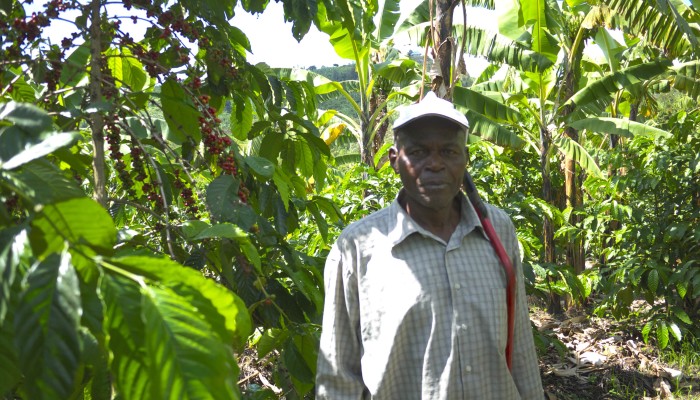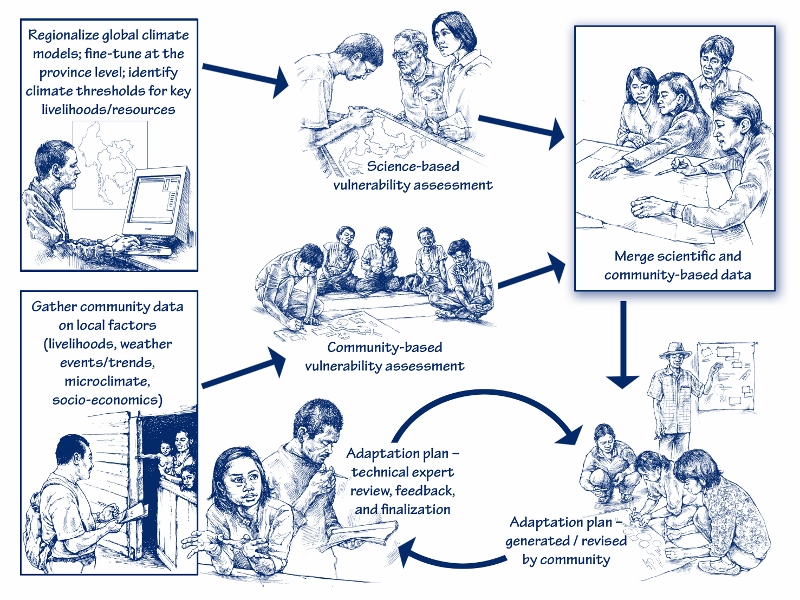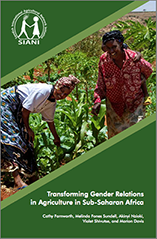empowerment
Empowerment in WASH Index Tool
Learn about EWI: a pragmatic survey-based tool made to measure, monitor and carry out diagnostics of water, sanitation, and hygiene-related interventions, allowing for inclusive and equitable outcomes.
A youth’s call for climate action – “Young Voices” video project
“Young voices” is an interactive and multimedia project: they produced a Call for action – young people's perspective on climate change video presented at the ECCA 2019.
Challenging predominant views on climate change with Theatre of the Oppressed
Theatre of the Oppressed is a powerful tool for challenging top-down approaches. This short film and article show how this approach can be used to build resilience.
Addressing Indigenous Peoples’ Marginalisation at International Climate Negotiations: Adaptation and Resilience at the Margins
A newly released working paper identifies significant marginalisation of Indigenous Peoples at UNFCCC meetings. It proposes actions to enable equitable solutions.
Improving smallholder supplier resilience through peer-to-peer knowledge sharing
Improving supplier resilience is important for global food security. If small-scale farmers can enhance their resilience against extreme weather, they are also likely to increase crop yield.
Lessons on Integrating Scientific and Community Knowledge of Climate Change to Develop Adaptation Plans in Lower Mekong Basin
USAID Mekong ARCC is implementing approaches to build local level adaptive capacity and resilience within rural communities across the lower Mekong basin countries.
Transforming Gender Relations in Agriculture in Sub-Saharan Africa
This book distills lessons learned about integrating gender equality into agricultural development initiatives in Africa, with case studies of efforts at all levels.
Learning and Power
Learn about the significance of power and how it can act in positive ways (empowerment) but also in negative ways, for example through excluding people from participating in the process or manipulating what information is shared.
